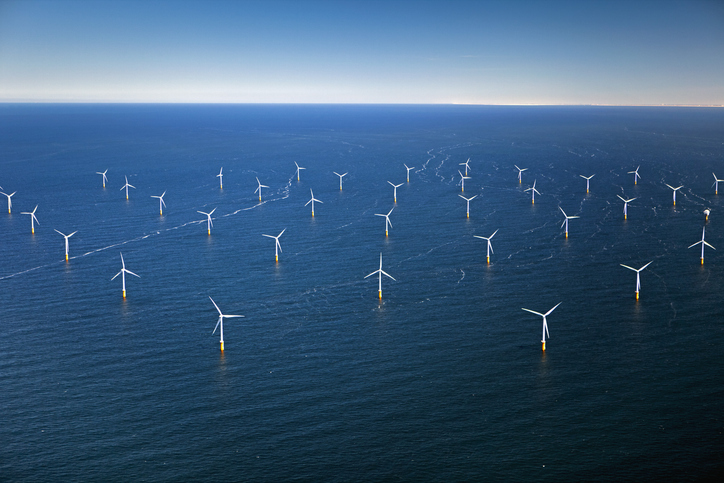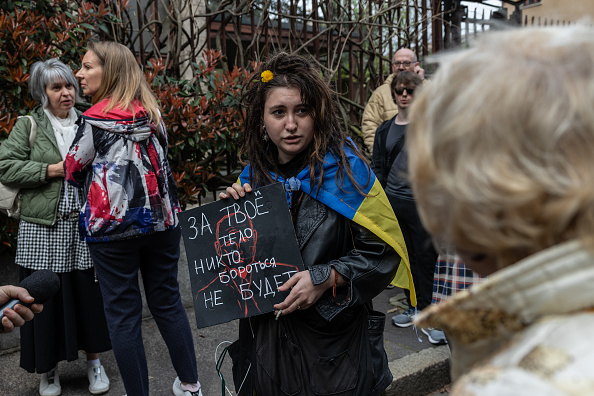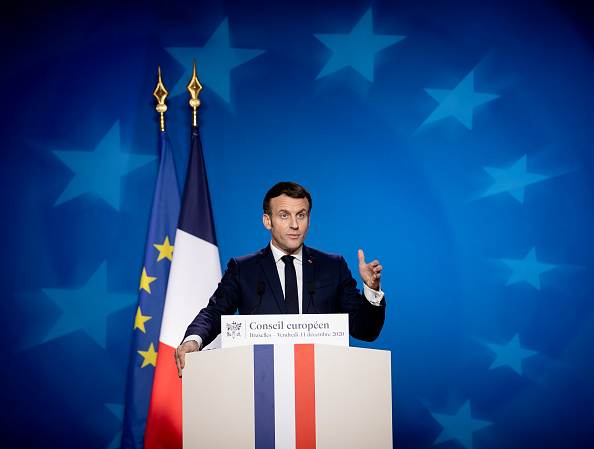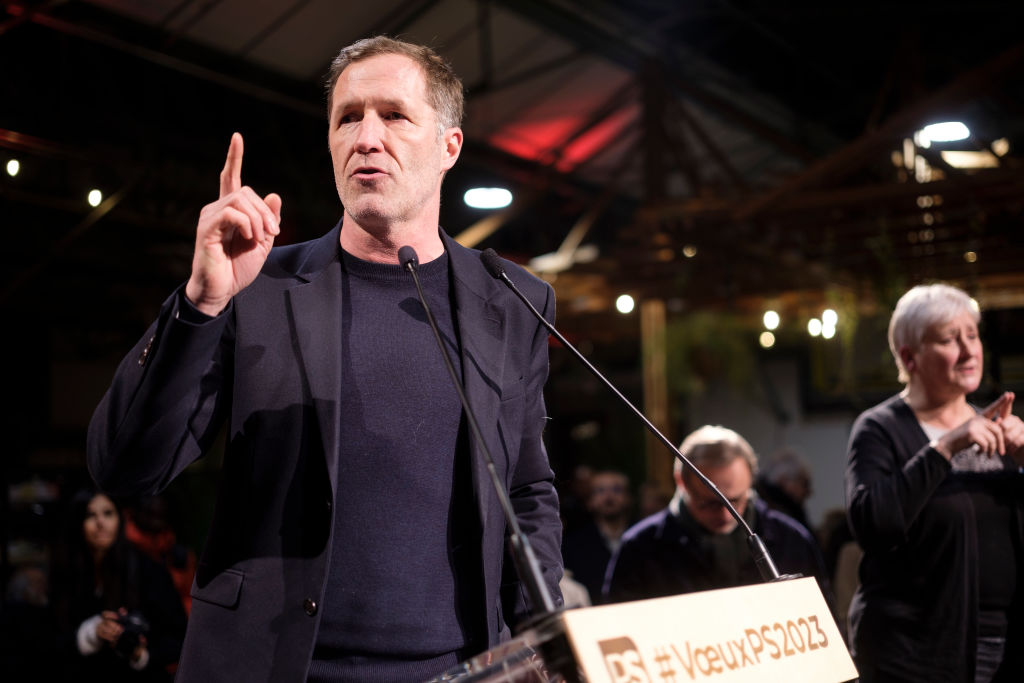While the US and most of the European Union boycotted Russian President Vladimir Putin’s inauguration, six EU countries including France did not.
“We are not at war with Russia or the Russian people, and we have no desire for regime change in Moscow,” said France’s President Emmanuel Macron, who sent French Ambassador Pierre Levy for the event on May 7.
Kyiv had asked countries not to participate due to the ongoing Russian invasion of Ukraine, and likewise EU High Representative for Foreign Affairs and Security Policy Josep Borrell said for Member States it was “better not to attend”.
Hungary and Slovakia also sent representatives to the ceremony in Moscow, as did Greece, Cyprus and Malta.
“The real disappointment is France,” said Ukrainian-American economics professor Roman Sheremeta.
“France should be ashamed,” agreed Ariana Gic, director of the Direct Initiative International Centre for Ukraine. Any nation with a presence at his inauguration was “legitimising Russia’s crimes against humanity, illegal war, and genocide”, she added.
The EU’s Ambassador to Moscow, Roland Galharague, did not attend Putin’s fifth inauguration, in keeping with the majority of Member States.
While there had been press reports Belgium was considering sending its ambassador, its foreign ministry ultimately said it would not, to “support most of the Member States of the European Union and the European External Action Service”.
Similarly, US State Department spokesperson Matthew Miller said: “We will not have a representative at his inauguration,” adding: “We certainly did not consider that election free and fair.”
For the European countries such as France that did participate, “these are decisions they take based on their competence, based on their national sovereignty, because, in the end, this is about bilateral relations”, said Peter Stano, EU spokesperson for foreign affairs and security policy.
It was an ornate ceremony, which saw Putin arrive in his newly improved armoured Aurus limousine to make his presidential oath and address in the Grand Kremlin Palace’s ornate St Andrew Hall. He also received a blessing in the Cathedral of the Annunciation from Patriarch Kirill of Moscow, Primate of the Russian Orthodox Church.
Following the ceremony, which took place 24 years to the day after Putin’s first inauguration, Patriarch Kirill told Putin that a national leader “has to take fateful, formidable decisions” that “involve victims”.
He then compared Putin to mediaeval Russian ruler Alexander Nevsky, who defeated the Western European Teutonic Knights.
The Patriarch then prayed Putin would stay in power “until the end of the century”.
That would mean “a zombie tenure that would keep Putin in office until 2099, age 147,” quipped US-based Russia analyst Kevin Rothrock.





